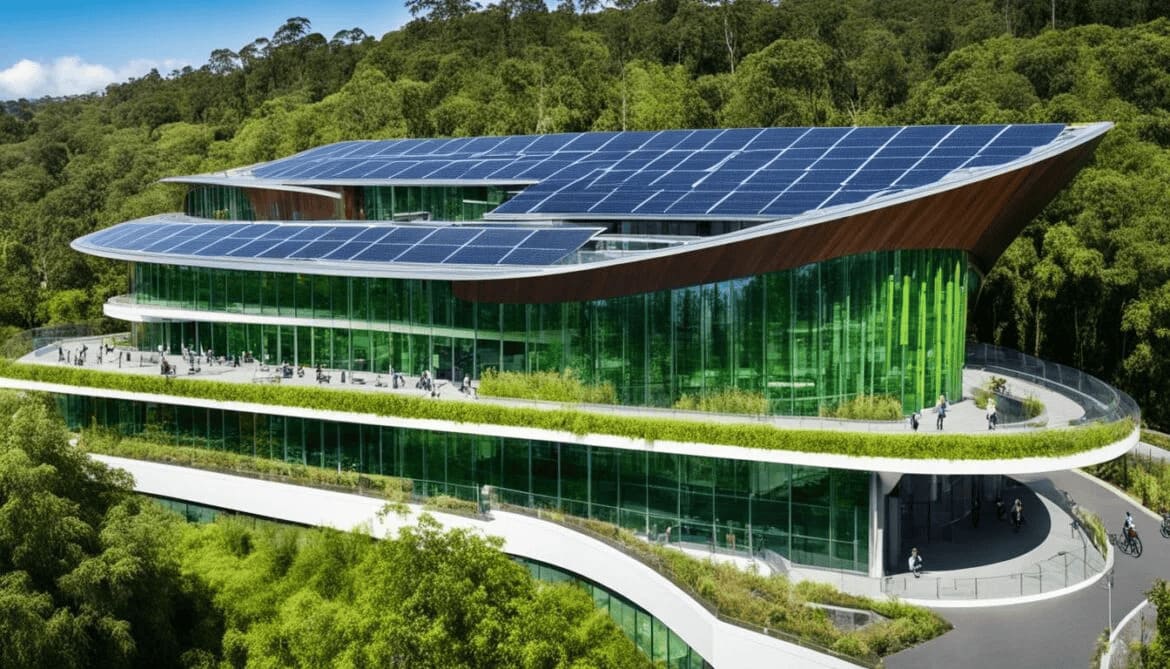
The Growing Importance of Building Management Systems (BMS) for a Sustainable Future
In an era where urbanization is rapidly increasing, the need for smarter and more sustainable infrastructure has become critical. Building Management Systems (BMS), often referred to as Building Automation Systems (BAS), have emerged as a transformative solution to enhance building operations, reduce energy consumption, and ensure a sustainable future.
What is a BMS?
A Building Management System is a centralized system that monitors and controls a building’s mechanical, electrical, and HVAC (heating, ventilation, and air conditioning) systems. By integrating various building operations into a single platform, BMS ensures that facilities operate efficiently and sustainably.

Why is BMS Essential Today?
1. Rising Energy Demands
Buildings account for nearly 40% of global energy consumption and a significant share of greenhouse gas emissions. With energy prices rising and climate change worsening, BMS plays a critical role in reducing energy wastage by monitoring and optimizing energy use in real-time.
2. Environmental Responsibility
Sustainability is no longer optional. Governments, businesses, and individuals are increasingly committed to reducing carbon footprints. BMS aligns with this goal by enabling energy-efficient building operations, contributing to green certifications such as LEED (Leadership in Energy and Environmental Design).
3. Cost Savings
A BMS helps minimize operational costs by automating energy management, detecting faults, and reducing maintenance expenses. Over time, the initial investment in a BMS can lead to significant cost savings.
4. Enhanced Occupant Comfort and Safety
By maintaining optimal lighting, temperature, and air quality, BMS enhances the comfort of building occupants. It also integrates safety systems like fire alarms, access control, and CCTV, ensuring a secure environment.
The Real Need for BMS in Modern Times

1. Smart Cities and Urbanization
As cities grow and become more complex, the demand for smart infrastructure rises. A BMS is an integral part of smart cities, ensuring seamless operation of buildings, reducing energy consumption, and managing resources efficiently.
2. Regulatory Compliance
Governments worldwide are introducing stricter building regulations related to energy efficiency and sustainability. BMS helps organizations comply with these regulations by providing detailed data on energy usage and emissions.
3. Integration with Renewable Energy
With the increasing adoption of renewable energy sources like solar and wind, BMS can manage and optimize energy flow, ensuring maximum utilization of clean energy.
4. Data-Driven Insights
A BMS collects and analyzes vast amounts of data, providing actionable insights to facility managers. This data-driven approach helps in making informed decisions about energy use, maintenance schedules, and system upgrades.
How BMS Contributes to a Sustainable Future
1. Energy Efficiency
BMS monitors energy usage patterns and adjusts systems like lighting, HVAC, and elevators to reduce wastage, ensuring efficient use of resources.
2. Reduced Carbon Footprint
By optimizing energy use and integrating renewable energy sources, BMS helps significantly reduce a building’s carbon emissions.
3. Prolonged Equipment Lifespan
By monitoring the performance of equipment and predicting maintenance needs, BMS reduces wear and tear, prolonging the lifespan of critical systems.
4. Enhanced Water Management
Advanced BMS systems can monitor water usage, detect leaks, and ensure efficient water management, contributing to resource conservation.
BMS in Action: A Case Study
Imagine a shopping mall equipped with a modern BMS. The system optimizes air conditioning based on foot traffic, adjusts lighting based on natural sunlight, and integrates fire alarms and CCTV for safety. The result? A more energy-efficient, secure, and comfortable environment for shoppers, reduced operational costs for the management, and a smaller carbon footprint.

Conclusion: BMS is the Future of Smart Buildings
In a world striving for sustainability, the Building Management System is no longer a luxury—it’s a necessity. By integrating smart technology, sustainability, and cost-efficiency, BMS provides a comprehensive solution to the challenges of modern building management.
Whether it’s a shopping mall, office complex, or residential building, investing in a BMS today is a step toward a smarter, greener, and more sustainable tomorrow. As the world evolves, so should our buildings—and BMS is the key to ensuring they are ready for the future.